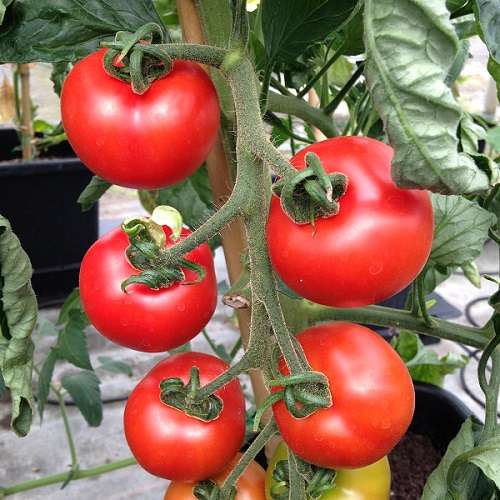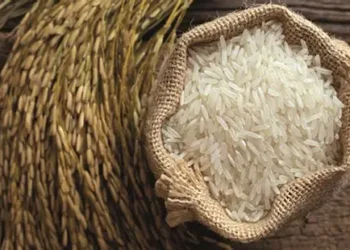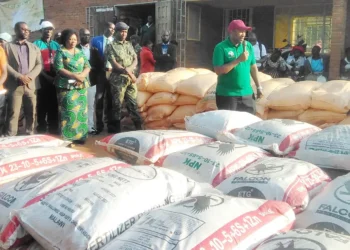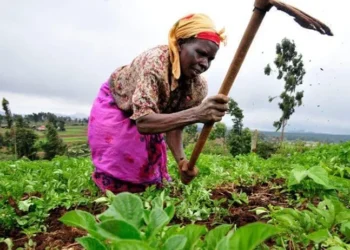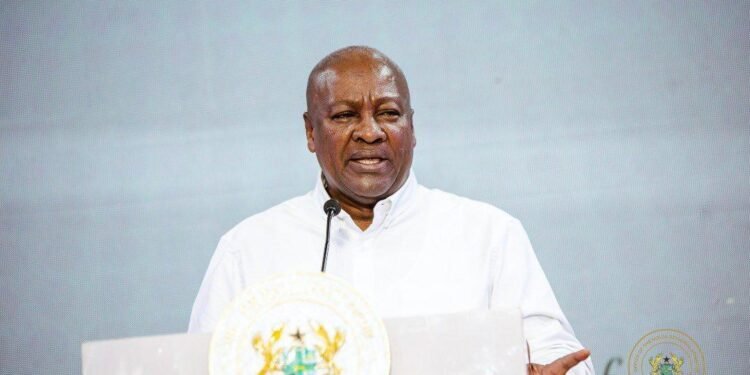Chief Executive Officer for the Chamber of Agribusiness Ghana, Anthony Morrison, has called on government and relevant stakeholders to address the issue of tomato post-harvest losses in the country.
According to him, government must be proactive in addressing some fundamental challenges which are harbingers of post-harvest losses.
“What we need to do in Ghana is to work very well on our post-harvest losses and find innovative ways to reduce post-harvest losses [and] look at more sufficient ways which we can also produce tomatoes during the dry season, especially making use of all the irrigation sites that the Ghana Irrigation Authority has done”.
Commenting on how sustainable Ghana’s tomato industry is following the coup in Burkina Faso which has generated concerns over prices of tomato shooting up, Mr Morrison stated that the country is producing “quite enough” although there is more to be done. This, he explained, is because prior to the coup in Burkina Faso, there were already some “challenges” with has to do with Burkina Faso’s “ban on food”.
The CEO of Agribusiness indicated that with the previous Burkinabe government, there was a ban on some food commodities which affected Ghana’s purchase of grains, onions and tomatoes. As it stands now, he noted that Ghana and Burkina Faso are witnessing a prolonged harmattan season although the latter has access to the “Bagre dam” to avert serious impact on its production.
Ghana, according to Mr Morrison, through the GhanaCares Obaatanpa project has made provision for tomatoes. That notwithstanding, he emphasized that the injection of funds through the programme into the tomato industry will be a “drop in the ocean” because of the colossal amount of money needed in importing tomatoes from Burkina Faso. He explained that the amount of money used in such imports is“within the region of $100 million”, as against government’s funding of some “GHC10 million cedis” which is insufficient.
“But that will only probably cater for partially, one irrigation site that has been developed by the Ghana Irrigation Authority. Our consumption of tomatoes is well in the region of millions of tonnes per year. So, there is more to be done in that area”.
Buying locally produced tomato
In a bid to encourage its members to patronize tomato from local farms, the Ghana Tomato Traders and Transporters Association last year, sought to discourage the importation of tomatoes from Burkina Faso to provide a ready market for Ghanaian farmers.
Chairman for the Association, Eric Osei Tuffuor revealed that some local farmers are already experiencing post-harvest losses due to lack of ready market for locally grown tomatoes.
“There is the need to think about our local farmers by purchasing their produce. After we have exhausted our local tomatoes, we then proceed to Burkina Faso. I will advise tomato traders and transporters to visit the Ashanti and Bono farm gates to mop up our local tomatoes”.
Eric Osei Tuffuor
Mr Tuffuor advised local farmers to avoid poor farming practices which largely affects their output. To beat competition for produce from Burkina Faso, he entreated farmers to adopt smart choices and approach in farming to help excite interest from consumers.
“The quality and packaging of tomatoes from Burkina is more attractive than our locally produced ones. I entreat our farmers to do the same. It will stop our traders from purchasing from Burkina Faso”.
Eric Osei Tuffuor
READ ALSO: British ‘partygate’ Report Condemns Leadership Failures



